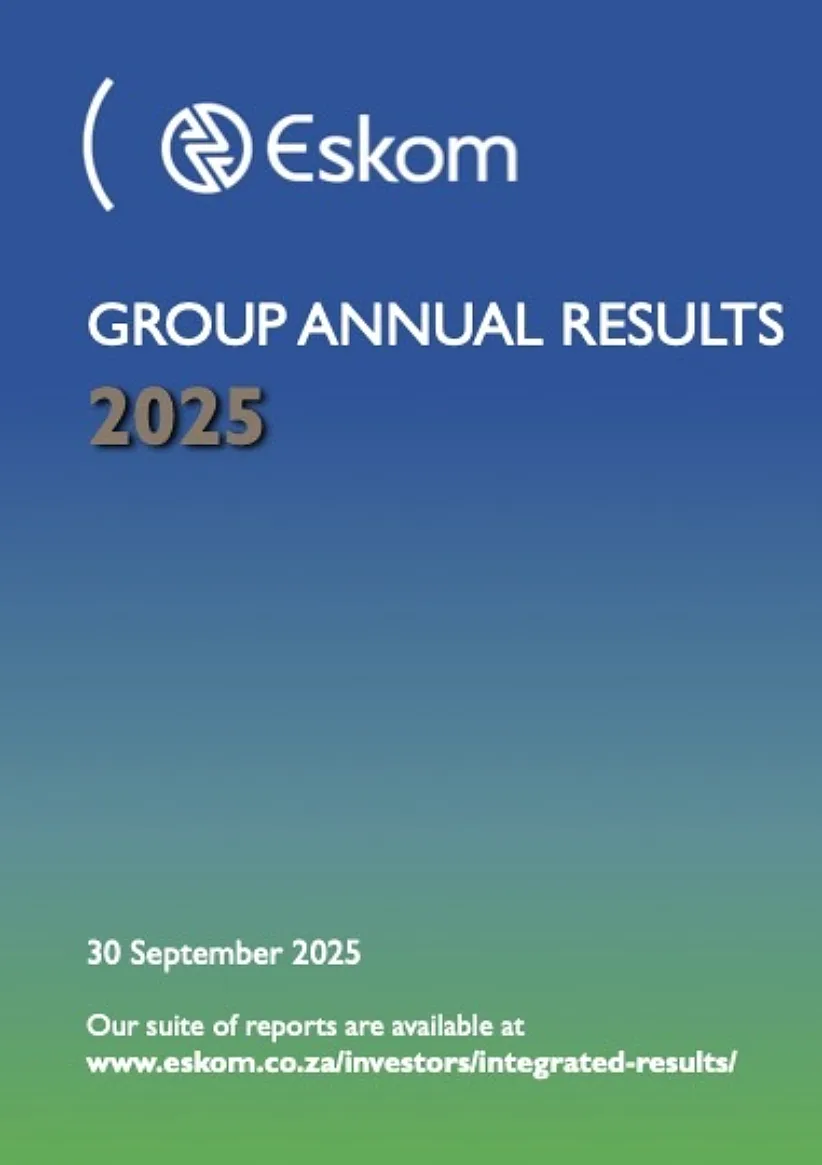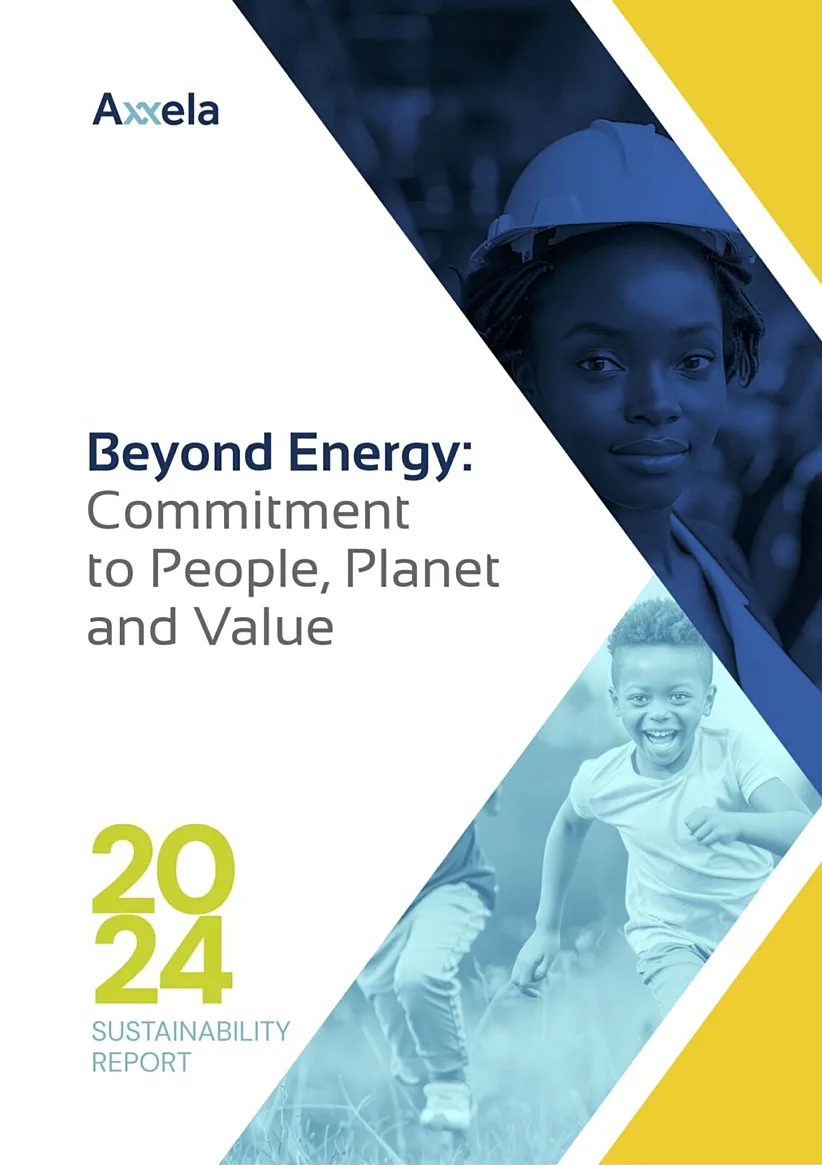Executive Summary: Sustainable Stories Advocates Review of Seplat Energy’s 2024 Sustainability Report
Seplat Energy’s 2024 Sustainability Report reflects a comprehensive and evolving approach to environmental, social, and governance (ESG) management, aligned with key United Nations Sustainable Development Goals (SDGs) including good health and well-being, quality education, gender equality, affordable and clean energy, decent work, and climate action.
The company’s strategy integrates these goals through expanding access to reliable energy, community health initiatives, educational and scholarship programs, women’s empowerment, and biodiversity projects. Primarily focused on Nigeria, especially the Niger Delta and new areas following the Mobil Producing Nigeria Unlimited (MPNU) acquisition, Seplat plans to extend its SDG-aligned initiatives to all operational regions. Governance is overseen by a board-level Sustainability Committee supported by cross-functional teams, with adherence to global frameworks such as GRI, SASB, and TCFD, and early adoption of IFRS sustainability standards. The company emphasizes stakeholder engagement, impact measurement, and transparent reporting as core to its ESG management.
Seplat’s initial impact areas include expanding energy access, healthcare infrastructure, education programs, economic empowerment, and community development projects. Key metrics reported include carbon intensity of 32.3 kg CO₂ per barrel of oil equivalent, a workforce of 1,446 employees, and zero lost time injury frequency in operations. Future priorities focus on integrating MPNU communities, investing in low-carbon technologies, expanding social programs, and enhancing stakeholder engagement. Materiality assessments guide strategic planning, emphasizing affordable energy, climate resilience, local content, and diversity. Risk management addresses environmental, social, operational, and reputational risks through board oversight and proactive mitigation. Seplat’s sustainability strategy is embedded in its business model, with ongoing refinement planned to adapt to evolving stakeholder expectations and regulatory landscapes.
SDG ALIGNMENT
SDGs Identified:
Seplat Energy aligns its sustainability strategy with several United Nations Sustainable Development Goals (SDGs), notably:
- SDG 3: Good Health and Well-being
- SDG 4: Quality Education
- SDG 5: Gender Equality
- SDG 7: Affordable and Clean Energy
- SDG 8: Decent Work and Economic Growth
- SDG 13: Climate Action
Integration into Strategy:
Seplat’s social investment and operational strategies are mapped to these SDGs through:
- Expanding access to affordable, reliable energy (SDG 7)
- Community health initiatives (SDG 3)
- Education and scholarship programmes (SDG 4)
- Women’s empowerment in the workforce and supply chain (SDG 5)
- Local employment and skills development (SDG 8)
- Decarbonisation and biodiversity projects (SDG 13)
Geographic Impact:
Impacts are reported primarily in Nigeria, with a focus on host communities in the Niger Delta and new operational regions following the acquisition of Mobil Producing Nigeria Unlimited (MPNU). The company plans to extend SDG-aligned initiatives to all new communities as it expands its operational footprint.
ESG MANAGEMENT
Governance and Management Approach:
- ESG oversight is provided by a dedicated Sustainability Committee at the board level, supported by cross-functional management teams.
- Seplat’s sustainability governance was strengthened in 2024 to integrate ESG principles across business units, especially after the MPNU acquisition.
- The company’s approach emphasizes stakeholder engagement, impact measurement, and transparent reporting.
Frameworks and Policies:
- Seplat references global frameworks including GRI (Global Reporting Initiative), SASB (Sustainability Accounting Standards Board), and TCFD (Task Force on Climate-related Financial Disclosures).
- Early adoption of IFRS sustainability standards in 2023.
- Policies address health and safety, diversity and inclusion, supply chain sustainability, and community engagement.
INITIAL AREAS OF IMPACT
Primary Impact Areas:
- Energy Access: Expansion of reliable energy supply to underserved Nigerian communities.
- Healthcare: Eye Can See hospital, community health outreach, and COVID-19 response.
- Education: PEARLs Quiz, Undergraduate Scholarship Programme, Science Innovators Programme, and Seplat Teachers Empowerment Programme.
- Economic Empowerment: Youth Entrepreneurship Programme, Tree4Life biodiversity and clean energy apprenticeship, and support for women-owned businesses.
- Community Infrastructure: Mini-grid rollouts and local development projects.
Programmes and Projects:
- Social Impact Assessment conducted in 2024 to guide investment.
- Community Trusts funded as per Petroleum Industry Act requirements.
- Ongoing integration of new communities post-MPNU acquisition.
METRICS FOR DEFINITION
Key Metrics:
- GHG Emissions: Carbon intensity at 32.3 kg CO₂ per boe (2024).
- Employment: 1,446 full-time employees (including 863 from MPNU).
- Production: 52,947 kboepd (thousand barrels of oil equivalent per day).
- Operational Performance: 13 wells drilled, 0 lost time injury frequency (LTIF).
- Social Investment: Number of beneficiaries in health, education, and entrepreneurship programmes (quantitative breakdown provided in report).
- Supply Chain: Increase in women-owned businesses and local content participation.
Targets and Baselines:
- Ongoing decarbonisation targets (no specific 2030/2040 targets stated in summary).
- Community development and impact metrics tracked annually.
AREAS OF FOCUS
Future Priorities:
- Seamless integration of MPNU employees and communities into Seplat’s sustainability programmes.
- Increased investment in low-carbon technologies and environmental stewardship.
- Expansion of education, health, and economic empowerment initiatives to new regions.
- Enhanced stakeholder engagement and transparent impact reporting.
- Focus on diversity, safety, and local content in workforce and supply chain.
Long-term Goals:
- Delivering sustainable energy and social value across Nigeria.
- Strengthening resilience and adaptability to regulatory and market changes.
MATERIALITY CONCEPTS
Material Issues:
- Access to affordable energy
- Community health and education
- Decarbonisation and climate resilience
- Local content and economic empowerment
- Diversity, equity, and inclusion
Materiality Process:
- Materiality assessment conducted in 2024, incorporating stakeholder feedback and aligning with Nigeria’s development priorities and global SDGs.
- Material issues inform strategic planning, risk management, and impact measurement.
SUSTAINABILITY RISK MANAGEMENT CONCEPTS
Risk Governance Structure:
- Board Sustainability Committee oversees ESG risk integration.
- Cross-functional teams manage operational and social risks.
- Risk management processes updated post-MPNU acquisition.
Key Risks Identified:
- Environmental risks (GHG emissions, biodiversity, regulatory compliance)
- Social risks (community relations, health and safety, workforce integration)
- Operational risks (supply chain disruptions, security)
- Reputational risks (impact reporting, stakeholder expectations)
Management Approaches:
- Regular risk assessments and scenario planning
- Strengthened community engagement and incident response
- Investment in safety, health, and environmental management systems
SUSTAINABILITY STRATEGY CONCEPTS AND MANAGEMENT
Strategy Concepts:
- Sustainability is embedded in Seplat’s business strategy, guiding investment, culture, and operations.
- Focus on value creation for all stakeholders: communities, employees, shareholders, and the environment.
Strategy Management (Key Actions):
- Board-level oversight and Sustainability Committee leadership
- Social Impact Assessment to guide investment and measure outcomes
- Integration of new employees and communities’ post-acquisition
- Expansion of flagship programmes in health, education, and economic empowerment
- Annual review and adaptation of sustainability strategies to reflect stakeholder needs and regulatory changes
Future Redefinition:
- Seplat plans ongoing refinement of its sustainability strategy as it expands, with regular impact measurement and stakeholder consultation.





